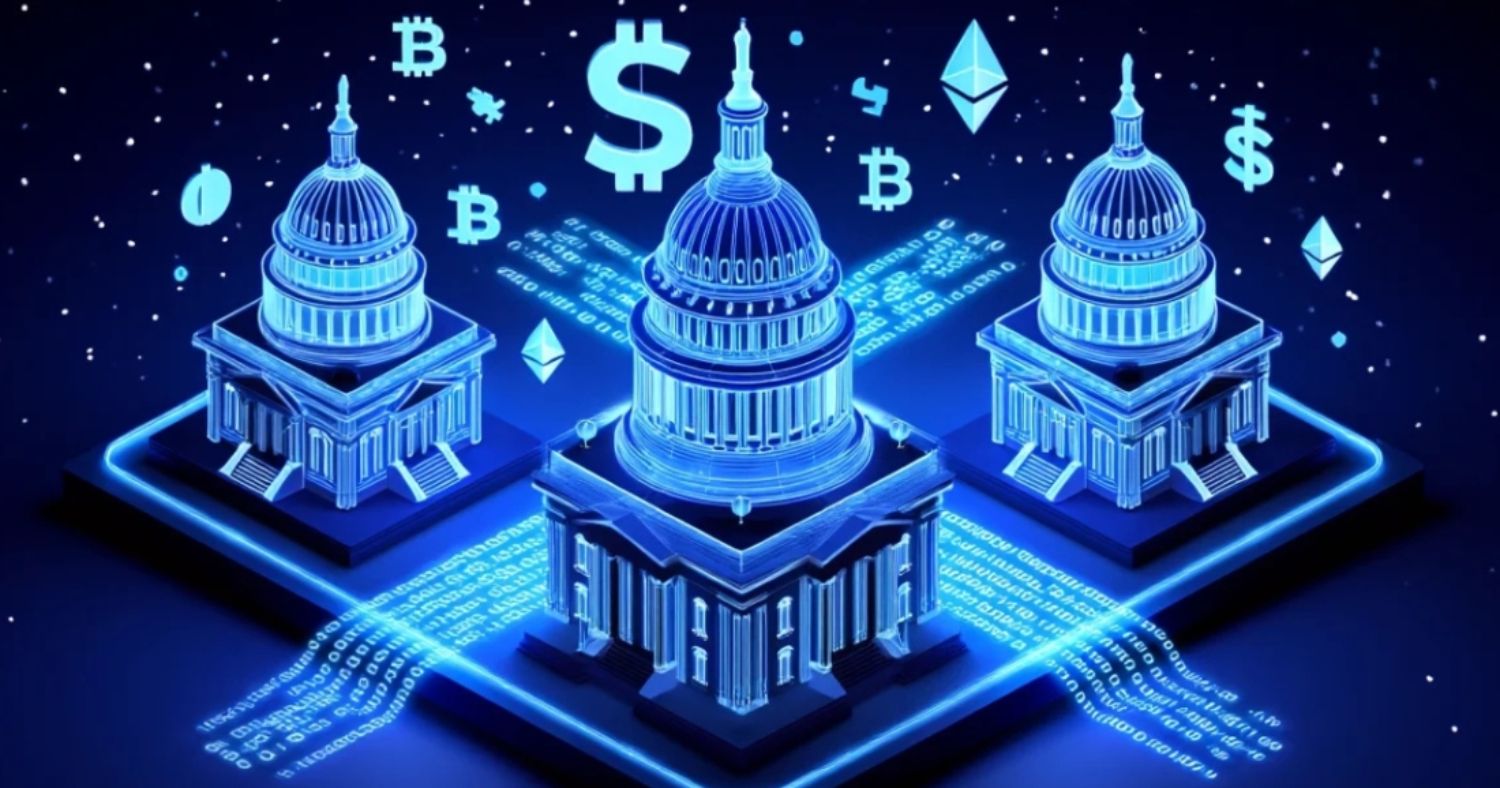This week, Washington D.C. becomes the epicenter of the digital asset world. Dubbed “Crypto Week,” the House of Representatives is set to vote on a trio of landmark bills that could fundamentally reshape the regulatory landscape for cryptocurrencies in the United States. On the table are a fast-tracked stablecoin framework, a comprehensive market structure bill, and a decisive measure on a potential digital dollar—all set against a backdrop of intense political division and accusations of presidential conflicts of interest.
The Main Event: Clarity and a Framework for the Future
At the heart of the legislative push is the Digital Asset Market Clarity Act, or “Clarity.” This ambitious bill aims to end the long-standing regulatory ambiguity that has stifled institutional adoption. By drawing clear lines between the jurisdictions of the Securities and Exchange Commission (SEC) and the Commodity Futures Trading Commission (CFTC), Clarity seeks to provide a definitive rulebook for the industry.
Proponents, like the crypto-advocacy group Cedar Innovation Foundation, hail it as “the most important vote members will take this Congress,” arguing it will protect consumers and foster innovation on American soil. Analysts agree, with Benchmark’s Mark Palmer noting that the bill could act as a “regulatory unlock,” finally giving institutions the confidence to engage with digital assets on a massive scale.
However, the bill isn’t without its critics. Key figures in the Decentralized Finance (DeFi) space have raised alarms, pointing out that while the act provides federal preemption for centralized exchanges, it leaves decentralized platforms exposed to a confusing and potentially hostile patchwork of state-level regulations.
The Fast Track: A National Standard for Stablecoins
Expected to move even faster is the Guiding and Establishing National Innovation for U.S. Stablecoins (GENIUS) Act. Having already cleared the Senate, this bill could land on President Trump’s desk by the end of the week.
The GENIUS Act proposes a straightforward federal standard for stablecoins:
| Requirement | Description |
| Full Backing | All stablecoins must be backed 1:1 by U.S. dollars or equivalent highly liquid assets. |
| Mandatory Audits | Issuers with a market cap over $50 billion will be subject to annual audits. |
| Foreign Issuance | Establishes clear guidelines for stablecoins issued outside the U.S. |
While many in the industry see this as a necessary step toward legitimacy, the bill is at the center of a political firestorm.
The Political Firestorm: “Anti-Crypto Corruption Week”
The legislative push is facing fierce opposition from leading Democrats. House Financial Services Committee leaders Maxine Waters and Stephen Lynch have dubbed the event “Anti-Crypto Corruption Week,” vowing to oppose both bills.
Their primary concern centers on President Donald Trump’s deep financial ties to the crypto industry. Citing reports that the Trump family has profited to the tune of $620 million from ventures like the World Liberty Financial DeFi project and various memecoin launches, Democrats argue the legislation would serve to legitimize and enrich the President.
Concerns are particularly focused on the Trump family-run World Liberty Financial USD, a major stablecoin that Democrats fear would benefit enormously from the GENIUS Act. An aide for the Senate Banking Committee highlighted a February executive order aimed at asserting White House control over independent financial regulators—the very agencies that would approve stablecoin issuers under the new law.
Jennifer Schulp of the Cato Institute acknowledged these risks, stating, “Regulatory discretion is itself a problem and does open itself up to the types of concerns that are described… The GENIUS Act is not unfettered discretion, although it is more discretion than I would like to see.”
The Final Piece: Blocking a Digital Dollar
Rounding out the week is a vote on a bill led by Majority Whip Tom Emmer to block the Federal Reserve from issuing a central bank digital currency (CBDC) directly to consumers. Citing fears of government surveillance and financial control, many lawmakers are pushing to prevent a “digital dollar.” With Fed Chair Jerome Powell stating he won’t move without Congressional approval and Treasury Secretary Scott Bessent seeing “no reason” for a U.S. CBDC, this bill is expected to pass the House with bipartisan support.
As the votes loom, investment bank TD Cowen predicts all three bills will pass the House. The immediate future of the more comprehensive Clarity Act, however, will depend on how much Democratic support it can muster to build momentum for the tougher fight ahead in the Senate.




